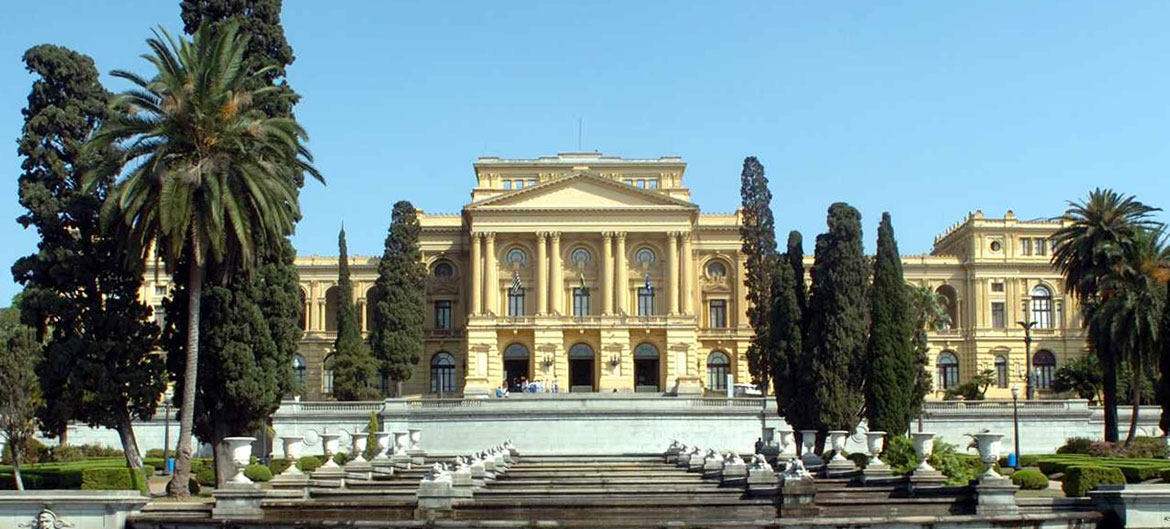University of São Paulo: Nobel Peace Prize Focuses on Groups with Peacemaking Actions in Russia-Ukraine Conflict
Considered one of the most important prizes in the world, the 2022 Nobel Peace Prize awarded representatives of civil society in Russia, Ukraine and Belarus for their actions in favor of human rights during the conflict in these territories. In addition to the recognition of peacemaking actions, the Nobel Prize carries political weight that can influence public opinion to support these peace initiatives and generate repercussions on the war between Russia and Ukraine. The analysis is by Angelo Segrillo, professor of Contemporary History at the Department of History at the Faculty of Philosophy, Letters and Human Sciences (FFLCH) at USP.
This year, the Nobel Peace Prize recognized Ales Bialiatski, head of the Belarusian human rights group Viasna; Memorial, Russian human rights group; and the Ukrainian human rights organization Center for Civil Liberties.
According to Segrillo, “the first mission of the award is to be a recognition of the struggle for peace, but it also has a collateral function of moving public opinion”, acting as a “form of political positioning of the award committee”.
This positioning role, according to Segrillo, explains the choice of actions in the most important world political scenario this year, which is the war between Russia and Ukraine, as a response of the Nobel Committee for the maintenance of peace in these territories. “Although it does not say clearly, the position of the committee, showing institutions that fight for civil society in those countries, places Russia as the aggressor side. It is a Nobel political strategy in the face of confrontation”, explains the professor.
Commitment to peace
The professor reinforces that the committee awarded organizations and institutions on both sides of the conflict, to strengthen the position in favor of civil rights and civil society, aiming at the commitment to peace.
The Nobel Prize was first conceived in 1901, as the last wish of the Swedish scientist Alfred Nobel to create an award that would honor different areas of knowledge and political activity. In the first award, the prizes for chemistry, literature, physics, medicine and peace were given. Later, in 1968, the Nobel Prize in Economics was created, which today makes up the selection of the ceremony that distributes six annual awards, worth 10 million Swedish crowns, about US$ 900,000 in each category, in addition to a diploma. and a medal for each winner, remembering that a category can have up to three winners, which can be a person or an organization.

